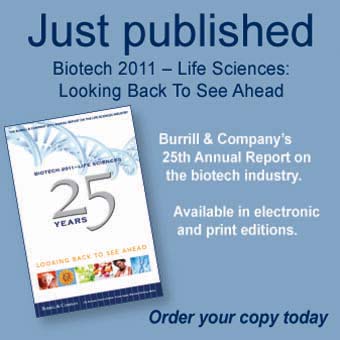“As part of its long-term environmental sustainability vision, P&G; is committed to using 100 percent sustainably sourced renewable or recycled materials for all products and packaging”
Proctor & Gamble, the world’s largest consumer goods company, will work with ZeaChem to accelerate development of its cellulosic ethanol platform to produce bio-based chemicals and other products that can be used in P&G’s many household products—from detergents, to shampoos and cosmetics.
These biochemicals will be produced by from renewable feedstocks such as poplar trees and agricultural waste.
The ZeaChem partnership is another step in moving P&G toward its goal of zero consumer waste going to landfills, which it first unveiled in September 2010. The company’s 2020 goal is to replace 25 percent of petroleum-based materials used in its products with sustainably sourced renewable materials by 2020, and source 30 percent of the energy it uses to power its plants from renewable sources.
“As part of its long-term environmental sustainability vision, P&G is committed to using 100 percent sustainably sourced renewable or recycled materials for all products and packaging,” says Len Sauers, P&G's vice president for global sustainability. “Novel innovations from our suppliers, such as ZeaChem's unique process to create bio-based chemicals, are critical to us achieving this vision.”
P&G has looked to industrial biotechs to help it reduce its dependence on fossil fuels and realize its sustainability goals through the use of bio-based. In the past two years, P&G has entered into renewable chemicals partnerships with industrial biotechs LS9 and Amyris to produce key chemicals used in its products.
P&G is not alone in turning to bio-based chemicals. Major oil and chemical companies such Shell, Total, DuPont, Dow Chemical, and others have been increasing their investments in and partnerships with renewable fuel and chemical companies. A 2010 World Economic Forum report on the value of the biorefinery market estimated the revenue from the sale of bio-based bulk chemicals and bioplastics could be as much as $15 billion by 2030.
In the P&G and ZeaChem partnership, the companies will work together to research, develop, demonstrate, scale-up, and commercialize ZeaChem’s new cellulose-based fermentation platform. ZeaChem says the platform improves yield and offers significant capital cost advantages compared to other cellulosic technologies.
The two companies will utilize ZeaChem's existing infrastructure at its lab in Menlo Park, California, a pilot facility at Hazen Research in Golden, Colorado, and demonstration-scale biorefinery in Boardman, Oregon.
June 03, 2011
http://www.burrillreport.com/article-pg_teams_up_with_zeachem_for_bio_based_chemicals.html




.gif)
